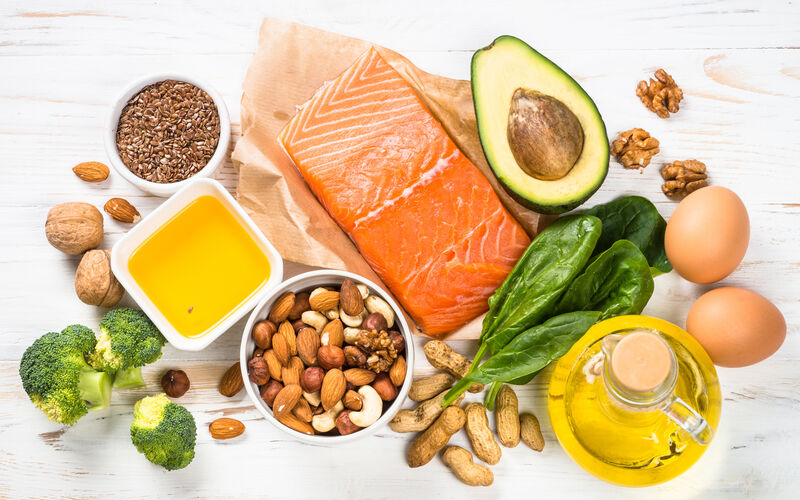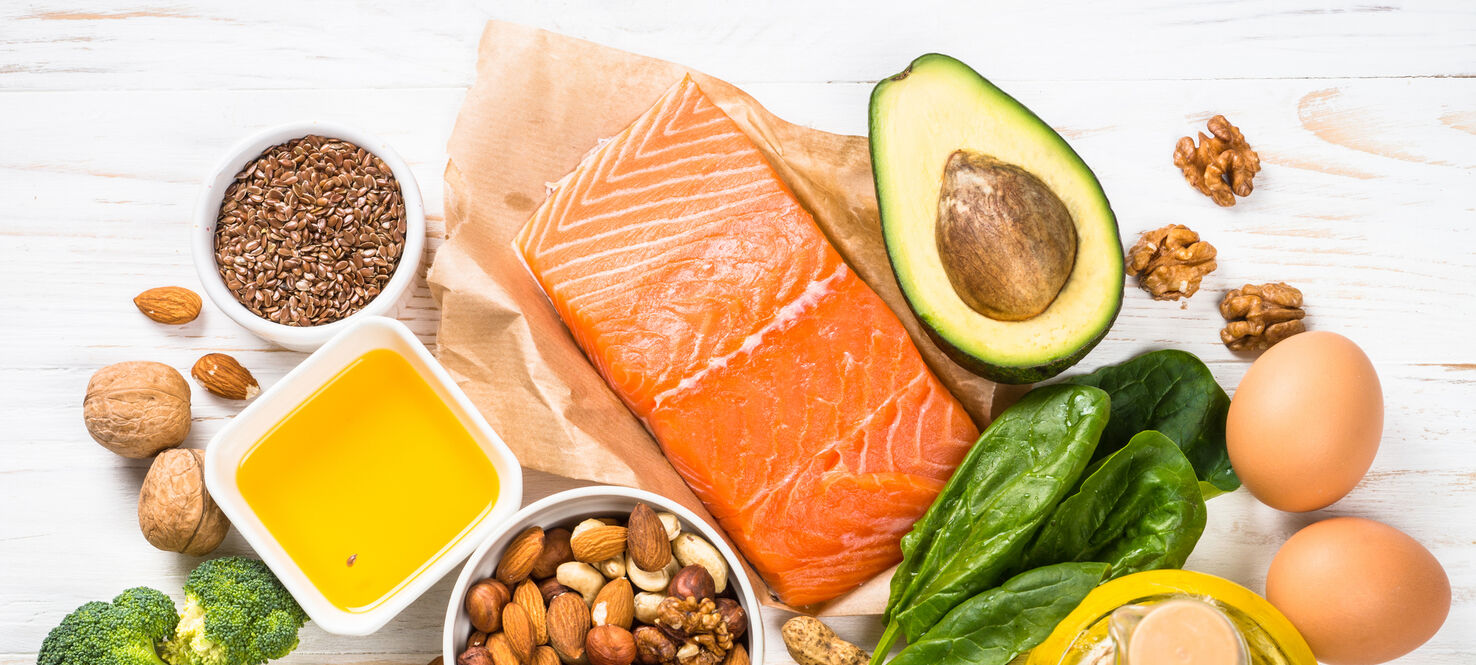Can a Ketogenic Diet Boost Effectiveness of Cancer Immunotherapy?
In a new study, scientists have found that a ketogenic diet, which is high in fats and low in carbohydrates, can improve the effectiveness of CAR T-cell therapy. Results of the study were presented at the 2024 American Society of Hematology annual meeting.
CAR T-cell therapy is a form of immunotherapy where a patient’s own T cells are modified to attack cancer cells. However, not everyone responds well to this treatment. This discovery could lead to new ways of making this treatment work better for patients with cancer.
During the #ASH24 Plenary Session, Shan Liu, PhD from @PennMedicine shared a breakthrough showing how a keto diet metabolite may supercharge CAR T cells and provide a low-tech boost to personalized cancer therapy.
— Moffitt Cancer Center (@MoffittNews) December 8, 2024
➡️ Beta-hydroxybutyrate (BHB), a metabolite from a ketogenic… pic.twitter.com/xjz1elR8kK
In this study, researchers tested five diets: ketogenic, high-fiber, high-fat, high-protein and a Western-style diet high in cholesterol and unhealthy fats. The mice that were fed the ketogenic diet showed the best results, with better control of their tumors and longer survival compared to those on other diets.
The key to the ketogenic diet’s success, the researchers found, was a substance called β-hydroxybutyrate, or BHB. BHB is produced when the body breaks down fats during ketosis, which happens on a ketogenic diet. The researchers discovered that BHB helps fuel the CAR T cells, making them more effective at attacking the cancer.
When they gave BHB directly to mice receiving CAR T-cell therapy, the treatment worked even better. Mice that received both BHB and CAR T cells had stronger immune responses and better tumor control compared to those that did not receive BHB. The researchers also found that BHB helped CAR T cells use energy more efficiently, which boosted their ability to fight cancer.

Ciara Freeman, MD, PhD
"The findings from this study are incredibly exciting, highlighting a novel connection between diet and the efficacy of CAR T-cell therapies,” said Ciara Freeman, MD, PhD, an oncologist in the Blood and Marrow Transplant and Cellular Immunotherapy Department at Moffitt Cancer Center. “The demonstration that BHB, a metabolite of the ketogenic diet, enhances CAR T-cell function by improving metabolism and gene expression opens new avenues for integrating nutritional strategies into cancer treatment. While early, these results suggest that dietary interventions could potentially optimize outcomes for patients undergoing CAR T-cell therapy."
Further tests showed that BHB influenced important genes in CAR T cells that help them stay active and become better at killing cancer cells. The researchers also confirmed that BHB helped CAR T cells grow and divide faster when added to the culture media used to grow the cells in the lab.
In a final test, researchers looked at patients who had received CAR T-cell therapy for lymphoma. They found that higher levels of BHB in the blood were linked to better expansion of CAR T cells, suggesting that BHB could play an important role in making the therapy more effective for people as well.
Researchers are now planning to test BHB in a clinical trial with patients who are undergoing CAR T-cell therapy for lymphoma. If the results are positive, this could lead to new dietary recommendations or supplements for cancer patients receiving CAR T-cell therapy.




